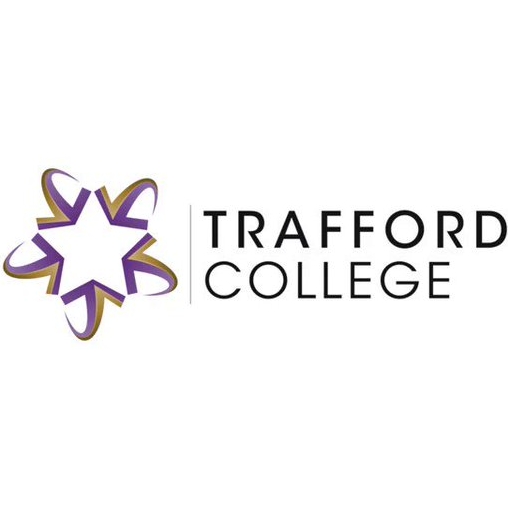The workplace could be a broadcast or operations centre as part of TV/radio studio operations, on a film or television set, at client premises or a location shoot, working on site in live events venues, or home or office based as part of a content creation agency.

Course Overview
According to the Department for Digital, Culture, Media & Sport (DCMS) the UK’s creative industries sector added œ109billion to the economy in 2021 and accounted for 2.29 million industry jobs that year.
The workplace could be a broadcast or operations centre as part of TV/radio studio operations, on a film or television set, at client premises or a location shoot, working on site in live events venues, or home or office based as part of a content creation agency.
People within this sector typically work for a production company, broadcaster or media services supplier, or a broadcast equipment supplier/manufacturer, content creation agency or live events production company.
Employers vary within the profession; from small media, lighting and stage firms to large/national TV and Film firms. All careers in media, broadcast and production require good communication skills, time management, attention to detail, and an ability to collaborate with others to meet client needs.
Course Requirements
What you will Learn
Content Creation and Production
Interpret and assess internal and external client requirements for varied
events/productions
Work in a team to plan an event/production in response to client requirements using relevant industry techniques
Assist with the implementation of the different stages of an event/production in
accordance with the requirements
Select, utilise and maintain the appropriate industry equipment and/or technology
Evaluate the extent to which the event/production met the requirements
During your two-year course, you will learn the core knowledge that underpins the sector, and you will also develop occupationally specific skills that will allow you to enter skilled employment within a specific occupation.
Assessment
The core component will be assessed by two exams and an employer set project. Your choice of occupational specialism will allow you to develop the relevant skills in preparation for your career in the media, broadcast and production sector. The
occupational specialism is assessed by a project that is created in conjunction with employers.
Progression
Achieving this Technical Qualification will provide several progression options. These could include Skilled employment or Higher Education Degree related programmes:
BA Communications, Media and Marketing
BA Media Studies
BA Media and Communications
BA Media Production
BA Film and TV production
Like many degree programmes, there are a spectrum of entry requirements for media, broadcast and production; so be prepared to show a portfolio or speak about your experience. When it comes to soft skills, you’ll want to show curiosity, a natural flair with technology, creativity, consistency, patience, and drive.
Career Options
Achieving this Technical Qualification will provide several progression options.
These could include:
Skilled employment in:
Control, servicing, repair and storage of complex technical equipment.
Operating broadcast systems in TV/radio studio, outside broadcast operation and outdoor transmissions.
Audio production assistant, broadcast assistant, production management assistant, programme assistant, runner and TV production assistant.
Junior content assistant, social media assistant/co-ordinator, and junior media executive.
Mandatory Units
Occupational specialism – Content Creation and Production
The core component provides a broad understanding of the creative industry and covers
the following topics:
The creative economy
The individual in the creative industries
Cultural context and vocabulary
Audience
Legislation/regulations
Professionalism and ethics
Equality, diversity and inclusion
Research skills
Project methodology and administration
Continued professional development.
Content Creation and Production
Content development for different platforms
Production of content for different platforms
Creating and delivering content
Evaluation of plan and content
At Trafford College we offer a wide range of courses in Greater Manchester for school leavers and adults, with vocational and technical courses, A Levels, apprenticeships and degree level qualifications.
© 2025 coursetakers.com All Rights Reserved. Terms and Conditions of use | Privacy Policy